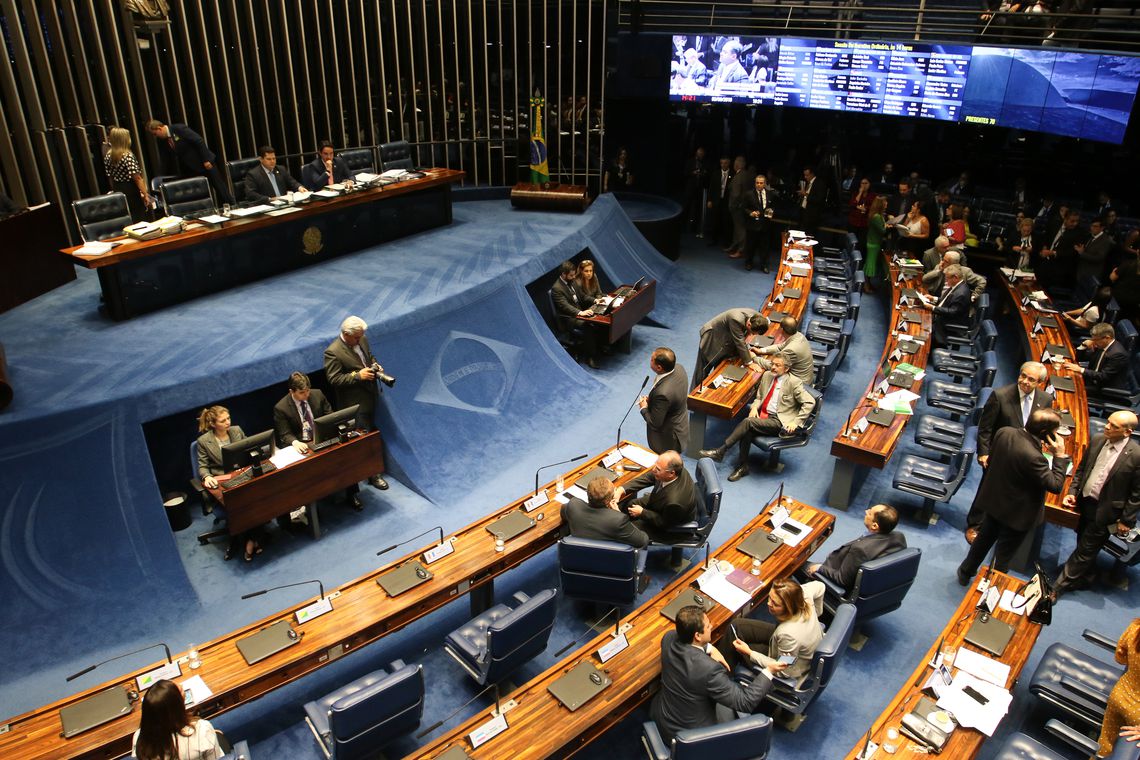RIO DE JANEIRO, BRAZIL – The government is considering raising the electoral fund for next year. The money, earmarked for campaigns of candidates for mayor and councilor in the 2020 municipal elections, could increase from R$1.87 billion (US$468 million) to R$3.7 billion. This is the amount requested by party leaders, who are working to increase the amount of funds earmarked in next year’s budget. The final amount has not yet been settled.

The change in the Annual Budget Bill (PLOA) for 2020, which has been drafted by the Ministry of Economy, would be made by means of a modifying text, sent by the executive branch to Congress, according to sources. The government, which had initially proposed R$2.5 billion, has already admitted to a mistake in the fund’s accounts, which would reduce the amount to R$1.87 billion. Political pressure, however, has led the government to change its position and the plan now is to increase funding for municipal campaigns.
In order to increase the fund, the Ministry of Economy will be forced to announce cuts in other expenses, since next year’s budget is pressured by the spending ceiling. This rule limits the federal government’s expenditure growth and strangles cash flow in 2020. With the growth of compulsory expenditures, such as pensions and civil servants’ salaries, the economic team now has less leeway for other expenditures.
The discussion on the amount earmarked for funding the election campaign should gain momentum at the end of the year when the budget proposal will be voted by the Mixed Budget Committee (CMO) and the National Congress plenary. The bill’s rapporteur, Deputy Domingos Neto, said that defining the size of the electoral fund will be a matter for all parties:
“The electoral fund issue is a multi-party and government decision. This will be a matter that will require convergence. The aim is that it is by consensus.”

Domingos Neto expects the government to forward a mandatory spending cut package. By cutting these expenses, it will be possible to free up more space for other expenses, such as investments and maintenance by the administration, in addition to the electoral fund. It is expected that these amounts will reach the historical minimum of R$89.1 billion next year.
The 2020 draft Budget submitted by the government provides for R$2.5 billion to finance city councilor and mayoralty campaigns. In 2018, R$1.7 billion were disbursed for the same purpose. After being criticized on social media for the 48 percent increase, President Jair Bolsonaro said he had only complied with the law by sending Congress the minimum amount set out in a notice from the Supreme Electoral Tribunal (TSE).
The government then acknowledged that there had been a miscalculation and that the fund would be reduced to R$1.87 billion. However, it must now give in to pressure from the majority in Congress. Most of Bolsonaro’s base, however, is against increasing these funds, and PSL deputies have already stated that they intend to thwart measures in this direction.
Lobbying to increase the Electoral Fund is mainly driven by the center parties. These deputies had been trying to increase the fund in the Budget Guidelines Law (LDO) but gave up. The LDO establishes the foundations for the Budget and has not yet been voted by Congress.
Source: O Globo

